Author Archives: Achiel van der Mandele
Author Archives: Achiel van der Mandele


Today we are excited to announce a contribution to improving privacy for everyone on the Internet. Encrypted Client Hello, a new proposed standard that prevents networks from snooping on which websites a user is visiting, is now available on all Cloudflare plans.
Encrypted Client Hello (ECH) is a successor to ESNI and masks the Server Name Indication (SNI) that is used to negotiate a TLS handshake. This means that whenever a user visits a website on Cloudflare that has ECH enabled, no one except for the user, Cloudflare, and the website owner will be able to determine which website was visited. Cloudflare is a big proponent of privacy for everyone and is excited about the prospects of bringing this technology to life.
Whenever you visit a website, your browser sends a request to a web server. The web server responds with content and the website starts loading in your browser. Way back in the early days of the Internet this happened in 'plain text', meaning that your browser would just send bits across the network that everyone could read: the corporate network you may be browsing from, the Internet Service Provider that offers Continue reading


Today, Cloudflare is super excited to announce that we’re bringing traffic acceleration to customer’s UDP traffic. Now, you can improve the latency of UDP-based applications like video games, voice calls, and video meetings by up to 17%. Combining the power of Argo Smart Routing (our traffic acceleration product) with UDP gives you the ability to supercharge your UDP-based traffic.
Typically when people talk about the Internet, they think of websites they visit in their browsers, or apps that allow them to order food. This type of traffic is sent across the Internet via HTTP which is built on top of the Transmission Control Protocol (TCP). However, there’s a lot more to the Internet than just browsing websites and using apps. Gaming, live video, or tunneling traffic to different networks via a VPN are all common applications that don’t use HTTP or TCP. These popular applications leverage the User Datagram Protocol (or UDP for short). To understand why these applications use UDP instead of TCP, we’ll need to dig into how these different applications work.
When you load a web page, you generally want to see the entire web page; the website would be confusing Continue reading


Today, we’re very happy to announce the general availability of a new region for Regional Services that allows you to limit your traffic to only ISO 27001 certified data centers inside the EU. This helps customers that have very strict requirements surrounding which data centers are allowed to decrypt and service traffic. Enabling this feature is a one-click operation right on the Cloudflare dashboard.
In 2020, we saw an increase in prospects asking about data localization. Specifically, increased regulatory pressure limited them from using vendors that operated at global scale. We launched Regional Services, a new way for customers to use the Cloudflare network. With Regional Services, we put customers back in control over which data centers are used to service traffic. Regional Services operates by limiting exactly which data centers are used to decrypt and service HTTPS traffic. For example, a customer may want to use only data centers inside the European Union to service traffic. Regional Services operates by leveraging our global network for DDoS protection but only decrypting traffic and applying Layer 7 products inside data centers that are located inside the European Union.
We later followed up with the Data Continue reading
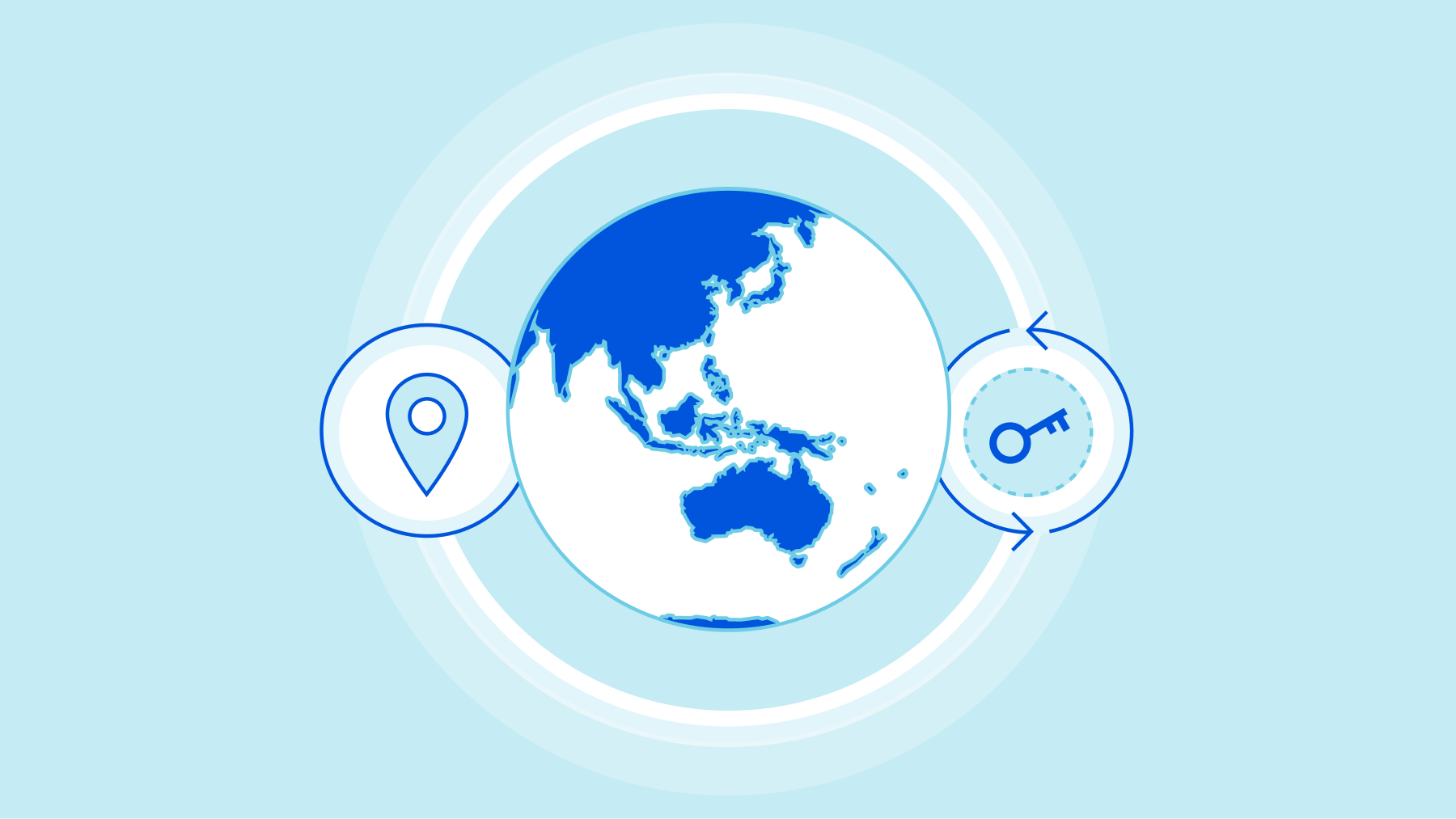
This post is also available in 简体中文, 日本語, Español, Deutsch, Français.
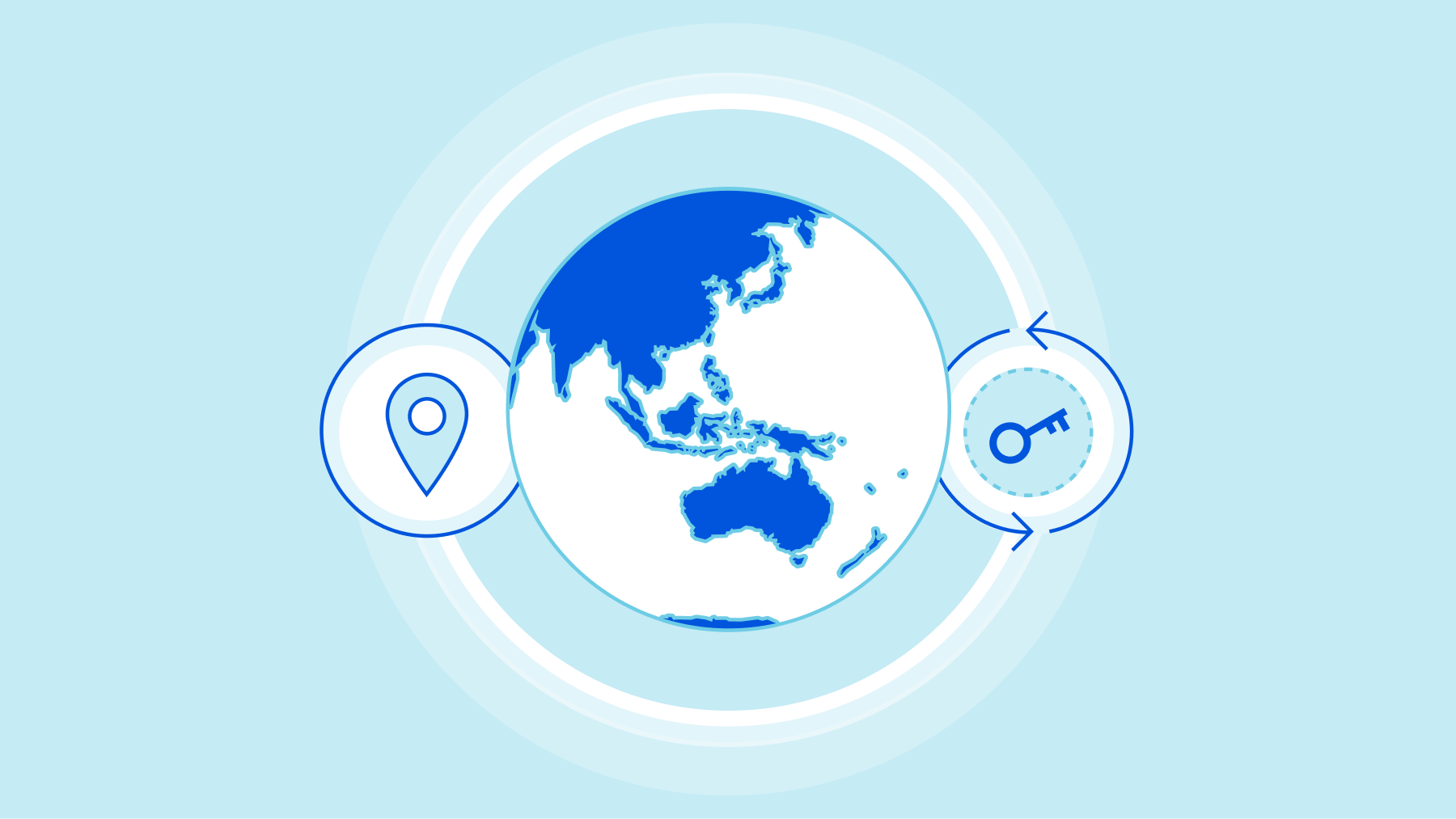
We announced the Data Localization Suite in 2020, when requirements for data localization were already important in the European Union. Since then, we’ve witnessed a growing trend toward localization globally. We are thrilled to expand our coverage to these countries in Asia Pacific, allowing more customers to use Cloudflare by giving them precise control over which parts of the Cloudflare network are able to perform advanced functions like WAF or Bot Management that require inspecting traffic.
In 2020, we introduced (Regional Services), a new way for customers to use Cloudflare. With Regional Services, customers can limit which data centers actually decrypt and inspect traffic. This helps because certain customers are affected by regulations on where they are allowed to service traffic. Others have agreements with their customers as part of contracts specifying exactly where traffic is allowed to be decrypted and inspected.
As one German bank told us: "We can look at the rules and regulations and debate them all we want. As long as you promise me that no machine outside the European Union will see a decrypted Continue reading


Today, we're very excited to announce a set of updates to Magic Firewall, adding security and visibility features that are key in modern cloud firewalls. To improve security, we’re adding threat intel integration and geo-blocking. For visibility, we’re adding packet captures at the edge, a way to see packets arrive at the edge in near real-time.
Magic Firewall is our network-level firewall which is delivered through Cloudflare to secure your enterprise. Magic Firewall covers your remote users, branch offices, data centers and cloud infrastructure. Best of all, it’s deeply integrated with Cloudflare, giving you a one-stop overview of everything that’s happening on your network.
We talked a lot about firewalls on Monday, including how our firewall-as-a-service solution is very different from traditional firewalls and helps security teams that want sophisticated inspections at the Application Layer. When we talk about the Application Layer, we’re referring to OSI Layer 7. This means we’re applying security features using semantics of the protocol. The most common example is HTTP, the protocol you’re using to visit this website. We have Gateway and our WAF to protect inbound and outbound HTTP requests, but what about Layer 3 and Layer 4 Continue reading
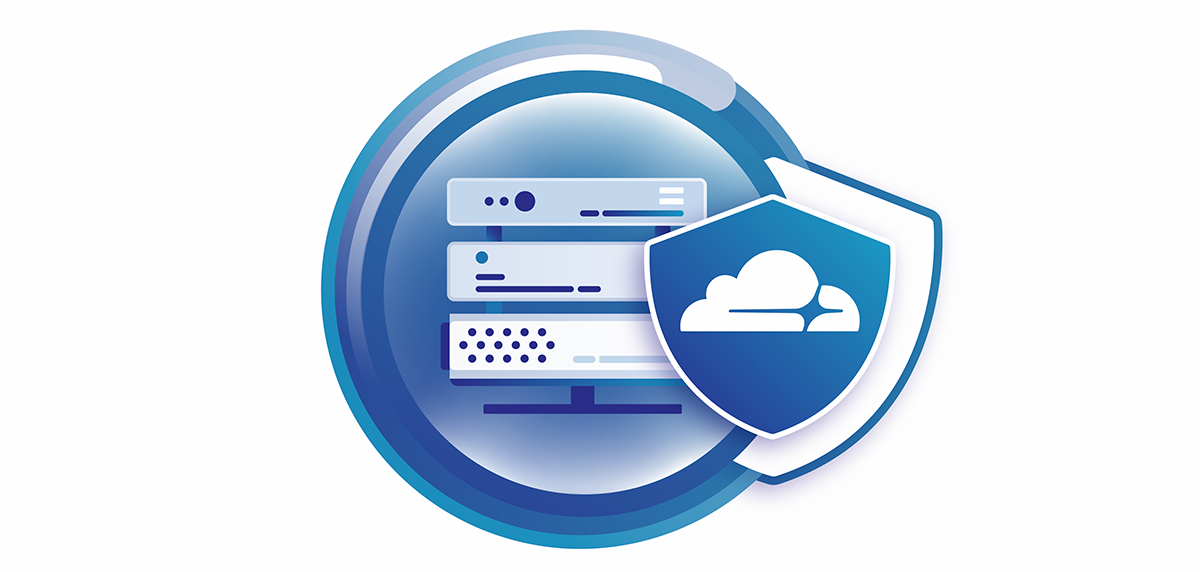
Today we're excited to announce the general availability of Argo for Spectrum, a way to turbo-charge any TCP based application. With Argo for Spectrum, you can reduce latency, packet loss and improve connectivity for any TCP application, including common protocols like Minecraft, Remote Desktop Protocol and SFTP.
When people think of the Internet, many of us think about using a browser to view websites. Of course, it’s so much more! We often use other ways to connect to each other and to the resources we need for work. For example, you may interact with servers for work using SSH File Transfer Protocol (SFTP), git or Remote Desktop software. At home, you might play a video game on the Internet with friends.
To help people that protect these services against DDoS attacks, Spectrum launched in 2018 and extends Cloudflare’s DDoS protection to any TCP or UDP based protocol. Customers use it for a wide variety of use cases, including to protect video streaming (RTMP), gaming and internal IT systems. Spectrum also supports common VoIP protocols such as SIP and RTP, which have recently seen an increase in DDoS ransomware attacks. A lot of Continue reading
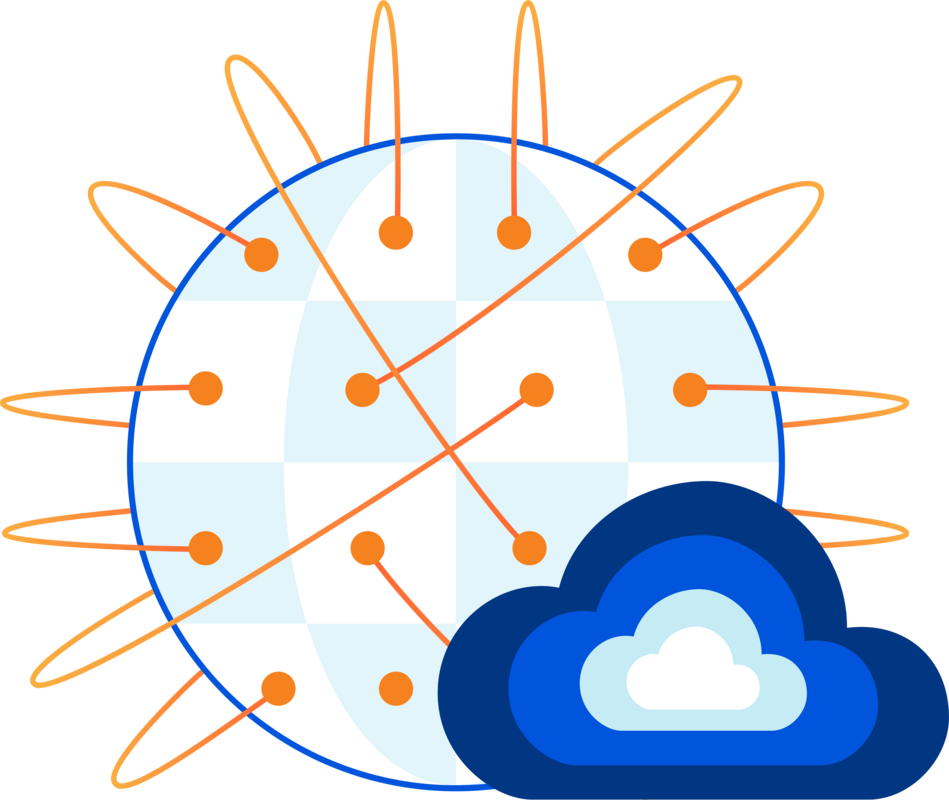
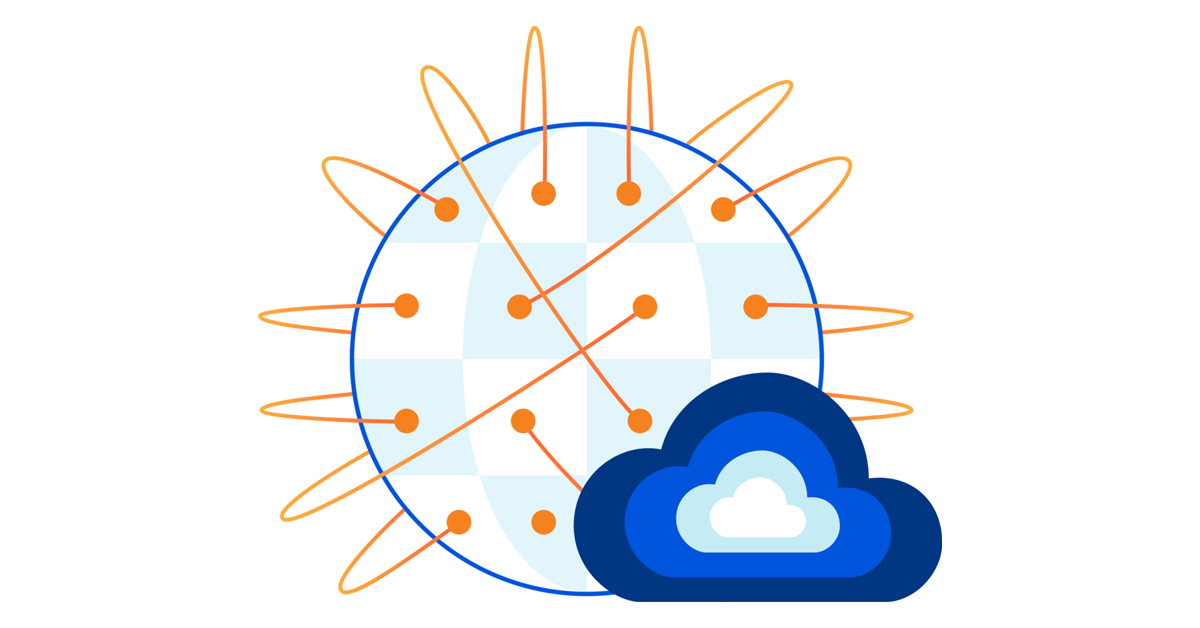
Back in October 2020, we introduced Cloudflare One, our vision for the future of corporate networking and security. Since then, we’ve been laser-focused on delivering more pieces of this platform, and today we’re excited to announce two of its most foundational aspects: Magic WAN and Magic Firewall. Magic WAN provides secure, performant connectivity and routing for your entire corporate network, reducing cost and operational complexity. Magic Firewall integrates smoothly with Magic WAN, enabling you to enforce network firewall policies at the edge, across traffic from any entity within your network.
Enterprise networks have historically adopted one of a few models, which were designed to enable secure information flow between offices and data centers, with access to the Internet locked down and managed at office perimeters. As applications moved to the cloud and employees moved out of offices, these designs stopped working, and band-aid solutions like VPN boxes don’t solve the core problems with enterprise network architecture.
On the connectivity side, full mesh MPLS (multiprotocol label switching) networks are expensive and time consuming to deploy, challenging to maintain, exponentially hard to scale, and often have major gaps in visibility. Other architectures require backhauling Continue reading
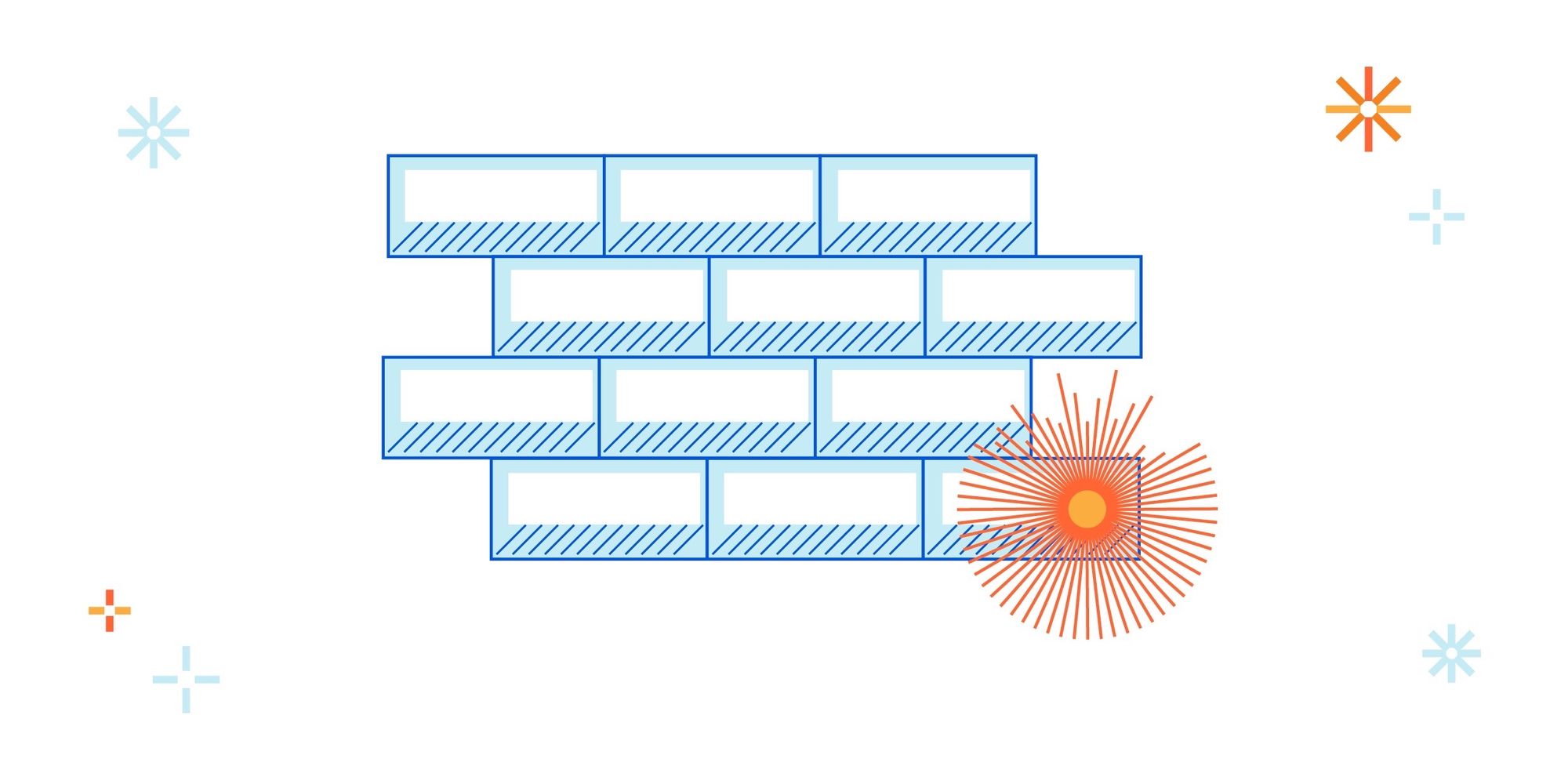
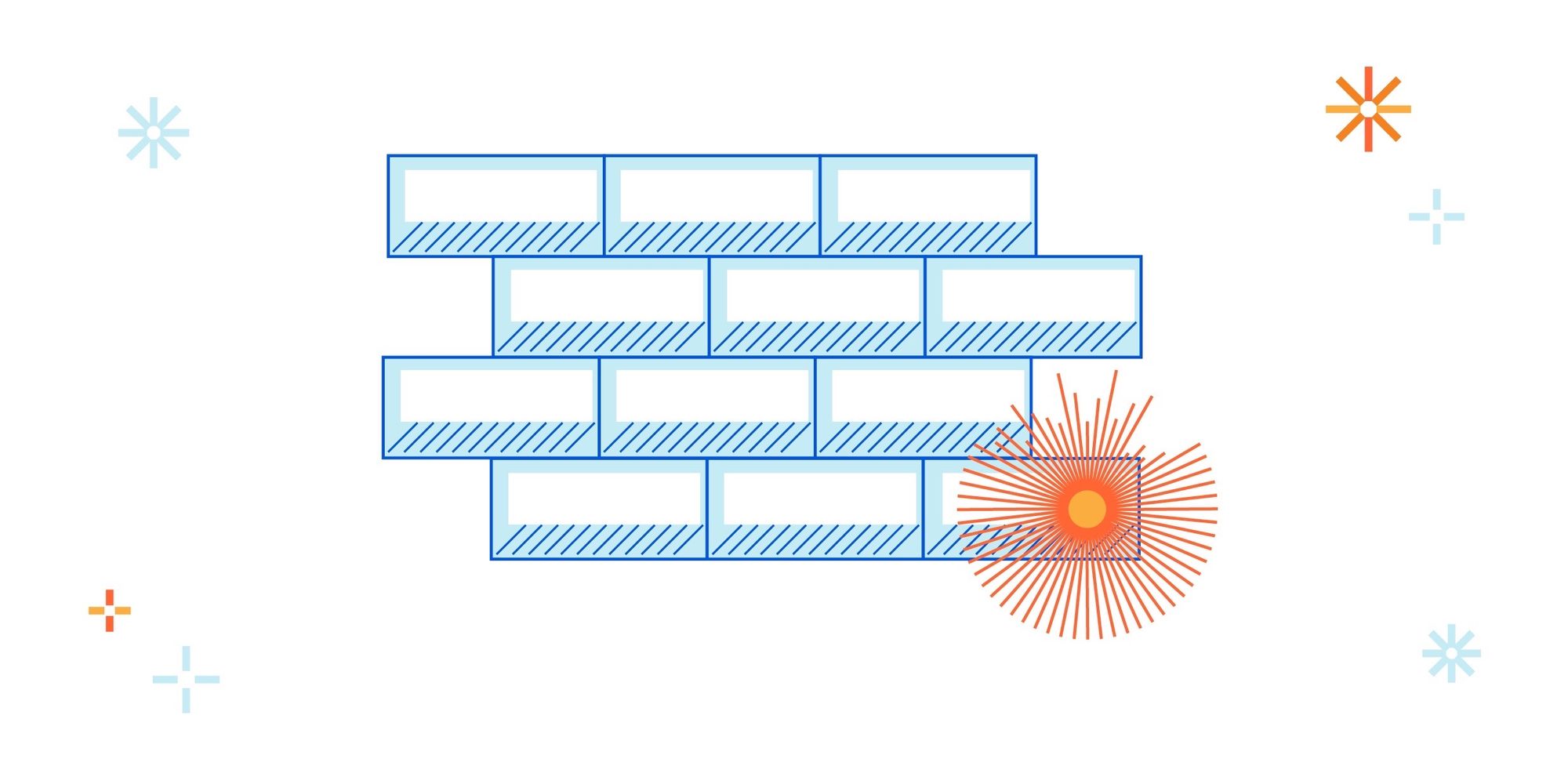
Today we’re excited to announce Magic Firewall™, a network-level firewall delivered through Cloudflare to secure your enterprise. Magic Firewall covers your remote users, branch offices, data centers and cloud infrastructure. Best of all, it’s deeply integrated with Cloudflare One™, giving you a one-stop overview of everything that’s happening on your network.
Cloudflare Magic Transit™ secures IP subnets with the same DDoS protection technology that we built to keep our own global network secure. That helps ensure your network is safe from attack and available and it replaces physical appliances that have limits with Cloudflare’s network.
That still leaves some hardware onsite, though, for a different function: firewalls. Networks don’t just need protection from DDoS attacks; administrators need a way to set policies for all traffic entering and leaving the network. With Magic Firewall, we want to help your team deprecate those network firewall appliances and move that burden to the Cloudflare global network.
Network firewalls have always been clunky. Not only are they expensive, they are bound by their own hardware constraints. If you need more CPU or memory, you have to buy more boxes. If you lack capacity, the entire network suffers, directly Continue reading
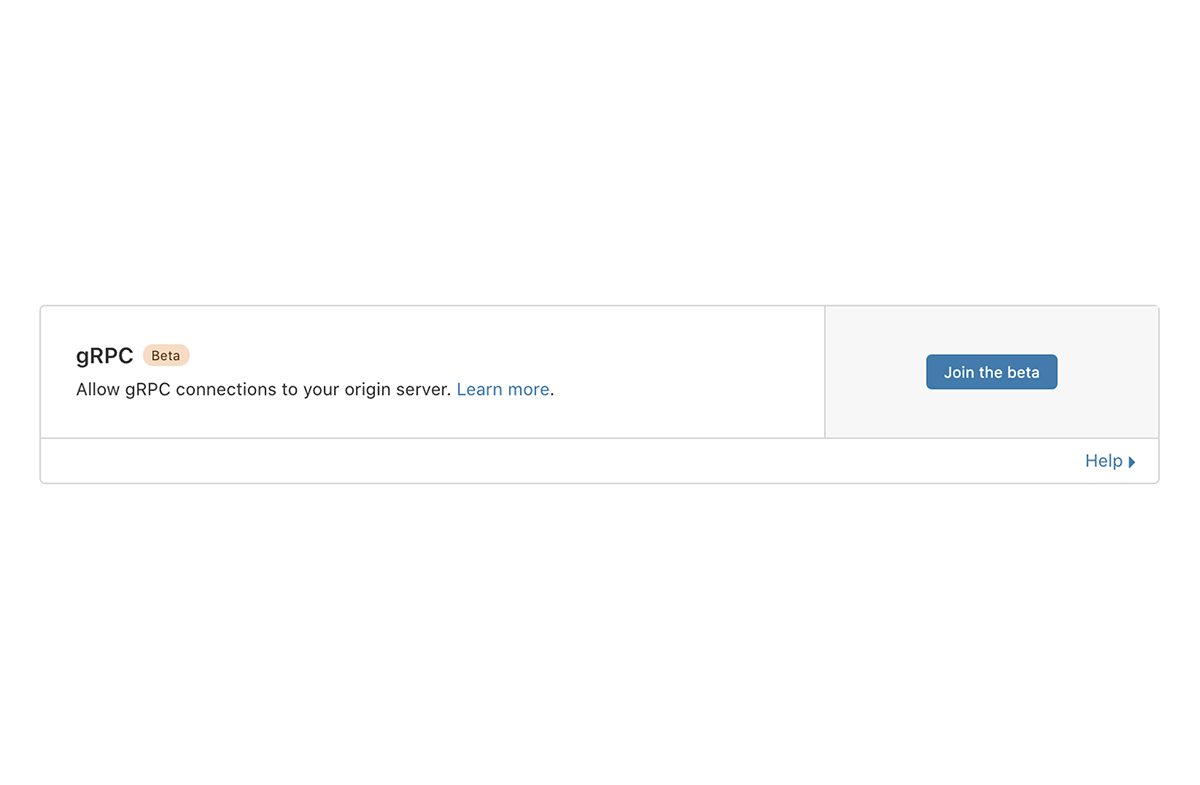
Today we're excited to announce beta support for proxying gRPC, a next-generation protocol that allows you to build APIs at scale. With gRPC on Cloudflare, you get access to the security, reliability and performance features that you're used to having at your fingertips for traditional APIs. Sign up for the beta today in the Network tab of the Cloudflare dashboard.
gRPC has proven itself to be a popular new protocol for building APIs at scale: it’s more efficient and built to offer superior bi-directional streaming capabilities. However, because gRPC uses newer technology, like HTTP/2, under the covers, existing security and performance tools did not support gRPC traffic out of the box. This meant that customers adopting gRPC to power their APIs had to pick between modernity on one hand, and things like security, performance, and reliability on the other. Because supporting modern protocols and making sure people can operate them safely and performantly is in our DNA, we set out to fix this.
When you put your gRPC APIs on Cloudflare, you immediately gain all the benefits that come with Cloudflare. Apprehensive of exposing your APIs to bad actors? Add security features such as WAF and Bot Management. Need Continue reading

In a world where, increasingly, workloads shift to the cloud, it is often uncertain and unclear how data travels the Internet and in which countries data is processed. Today, Cloudflare is pleased to announce that we're giving our customers control. With Regional Services, we’re providing customers full control over exactly where their traffic is handled.
We operate a global network spanning more than 200 cities. Each data center runs servers with the exact same software stack. This has enabled Cloudflare to quickly and efficiently add capacity where needed. It also allows our engineers to ship features with ease: deploy once and it's available globally.
The same benefit applies to our customers: configure once and that change is applied everywhere in seconds, regardless of whether they’re changing security features, adding a DNS record or deploying a Cloudflare Worker containing code.
Having a homogenous network is great from a routing point of view: whenever a user performs an HTTP request, the closest datacenter is found due to Cloudflare's Anycast network. BGP looks at the hops that would need to be traversed to find the closest data center. This means that someone near the Canadian border (let's say North Dakota) could easily find Continue reading
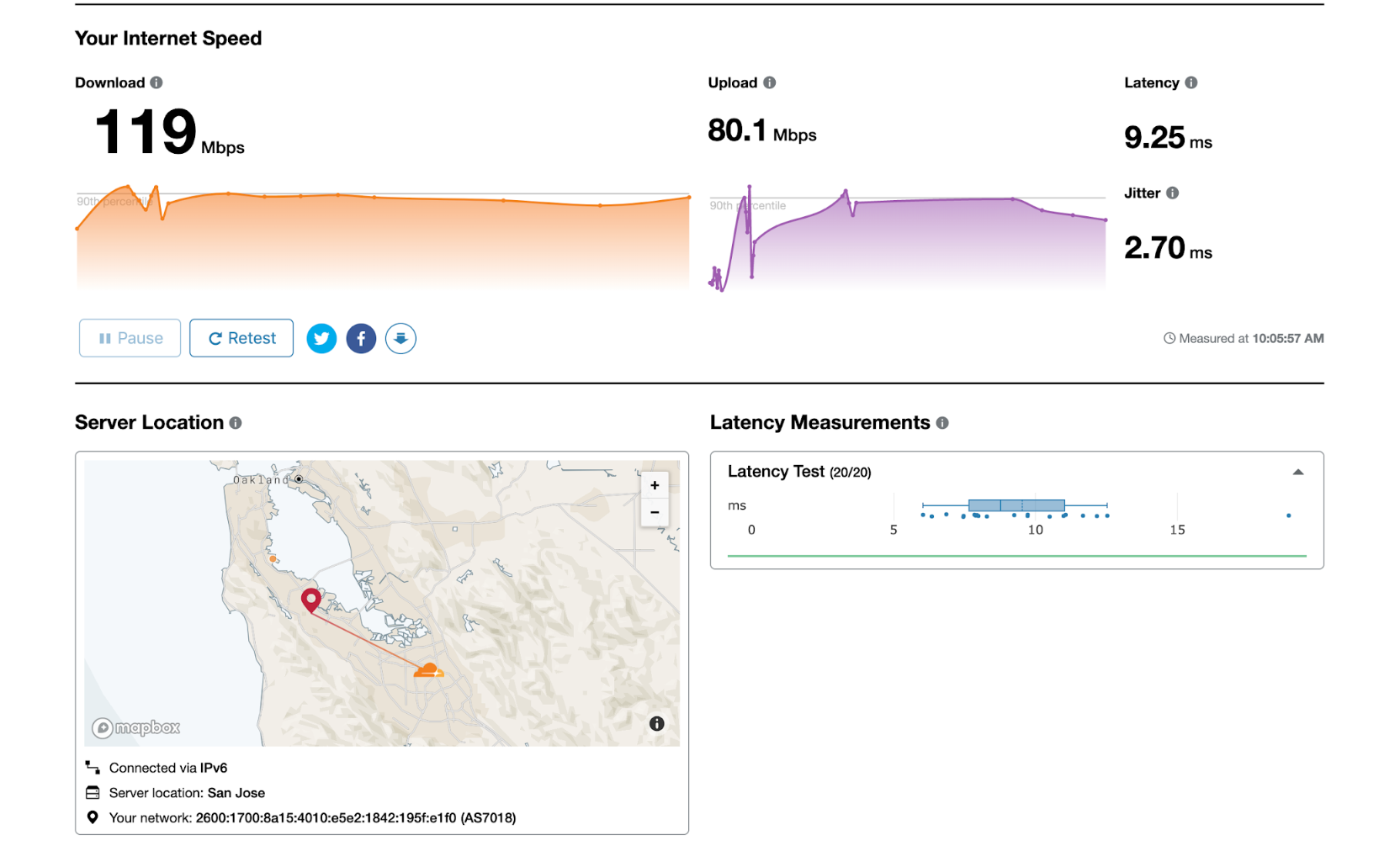
With many people being forced to work from home, there’s increased load on consumer ISPs. You may be asking yourself: how well is my ISP performing with even more traffic? Today we’re announcing the general availability of speed.cloudflare.com, a way to gain meaningful insights into exactly how well your network is performing.
We’ve seen a massive shift from users accessing the Internet from busy office districts to spread out urban areas.
Although there are a slew of speed testing tools out there, none of them give you precise insights into how they came to those measurements and how they map to real-world performance. With speed.cloudflare.com, we give you insights into what we’re measuring and how exactly we calculate the scores for your network connection. Best of all, you can easily download the measurements from right inside the tool if you’d like to perform your own analysis.
We also know you care about privacy. We believe that you should know what happens with the results generated by this tool. Many other tools sell the data to third parties. Cloudflare does not sell your data. Performance data is collected and anonymized and is governed by the terms of Continue reading
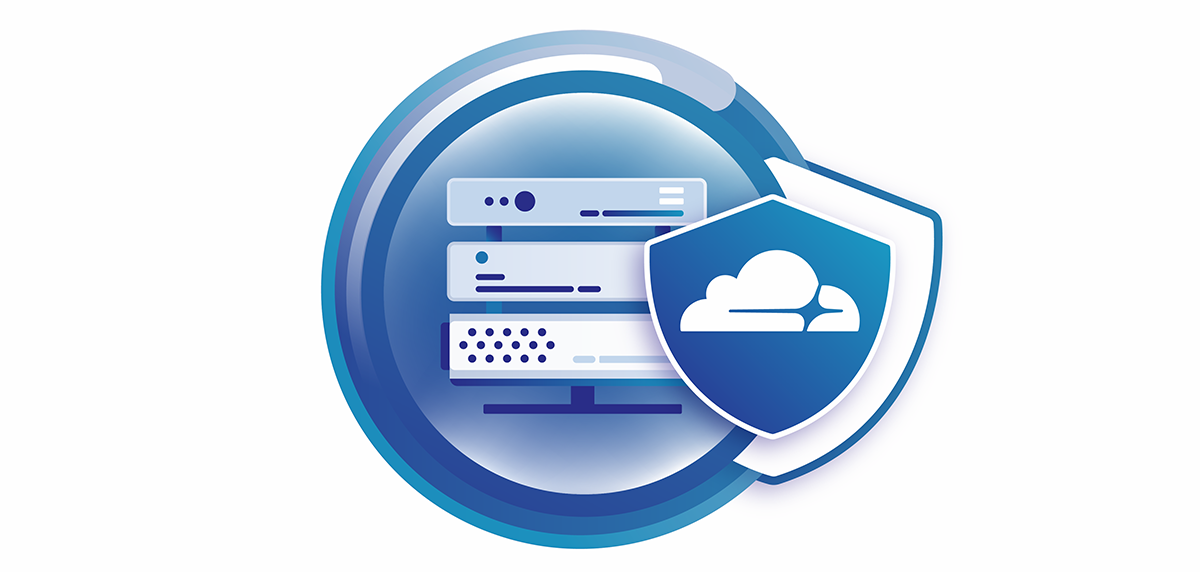
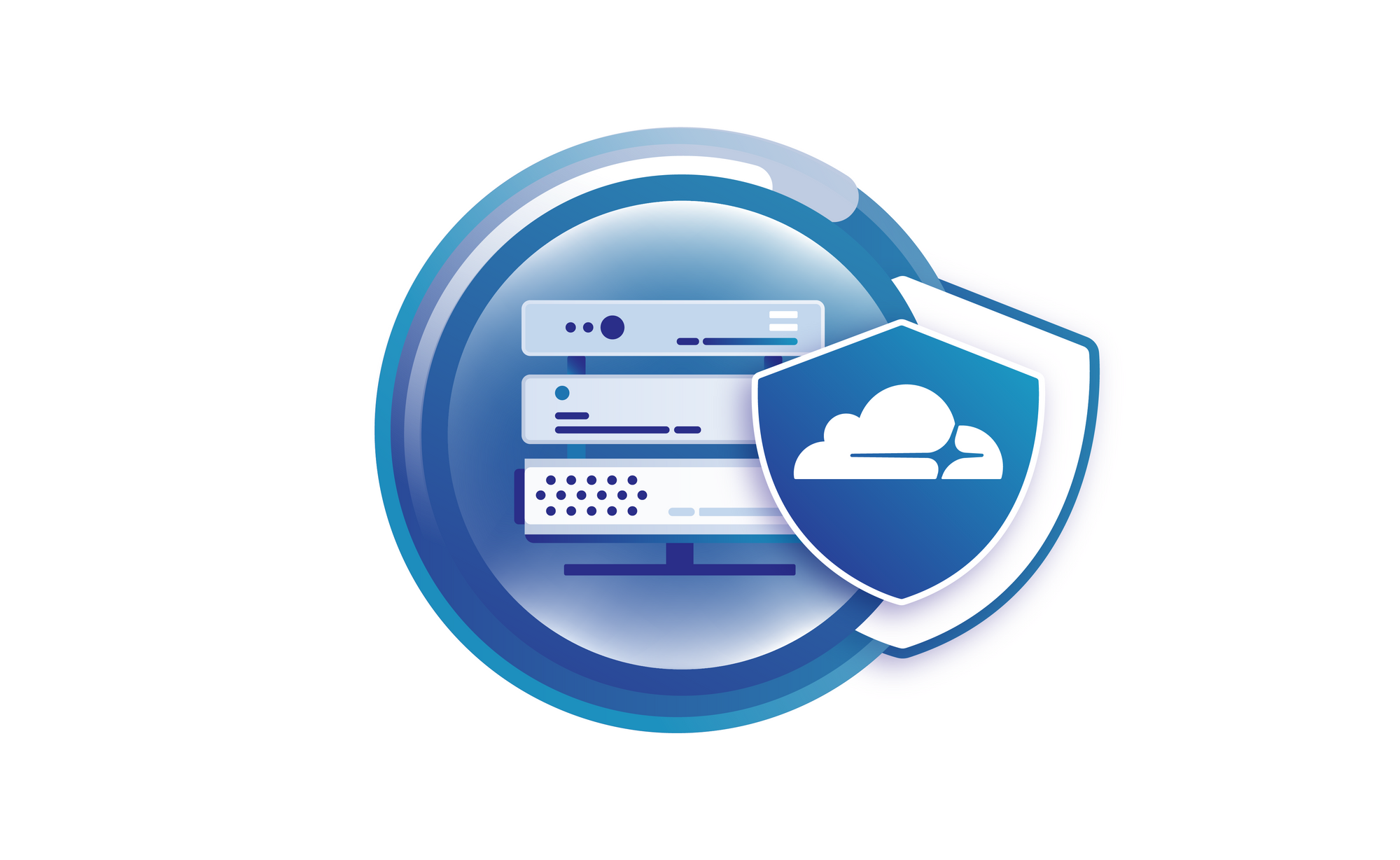
Almost exactly two years ago, we launched Cloudflare Spectrum for our Enterprise customers. Today, we’re thrilled to extend DDoS protection and traffic acceleration with Spectrum for SSH, RDP, and Minecraft to our Pro and Business plan customers.
When we think of Cloudflare, a lot of the time we think about protecting and improving the performance of websites. But the Internet is so much more, ranging from gaming, to managing servers, to cryptocurrencies. How do we make sure these applications are secure and performant?
With Spectrum, you can put Cloudflare in front of your SSH, RDP and Minecraft services, protecting them from DDoS attacks and improving network performance. This allows you to protect the management of your servers, not just your website. Better yet, by leveraging the Cloudflare network you also get increased reliability and increased performance: lower latency!
While access to websites from home is incredibly important, being able to remotely manage your servers can be equally critical. Losing access to your infrastructure can be disastrous: people need to know their infrastructure is safe and connectivity is good and performant. Usually, server management is done through SSH (Linux or Unix based servers) and RDP (Windows based Continue reading
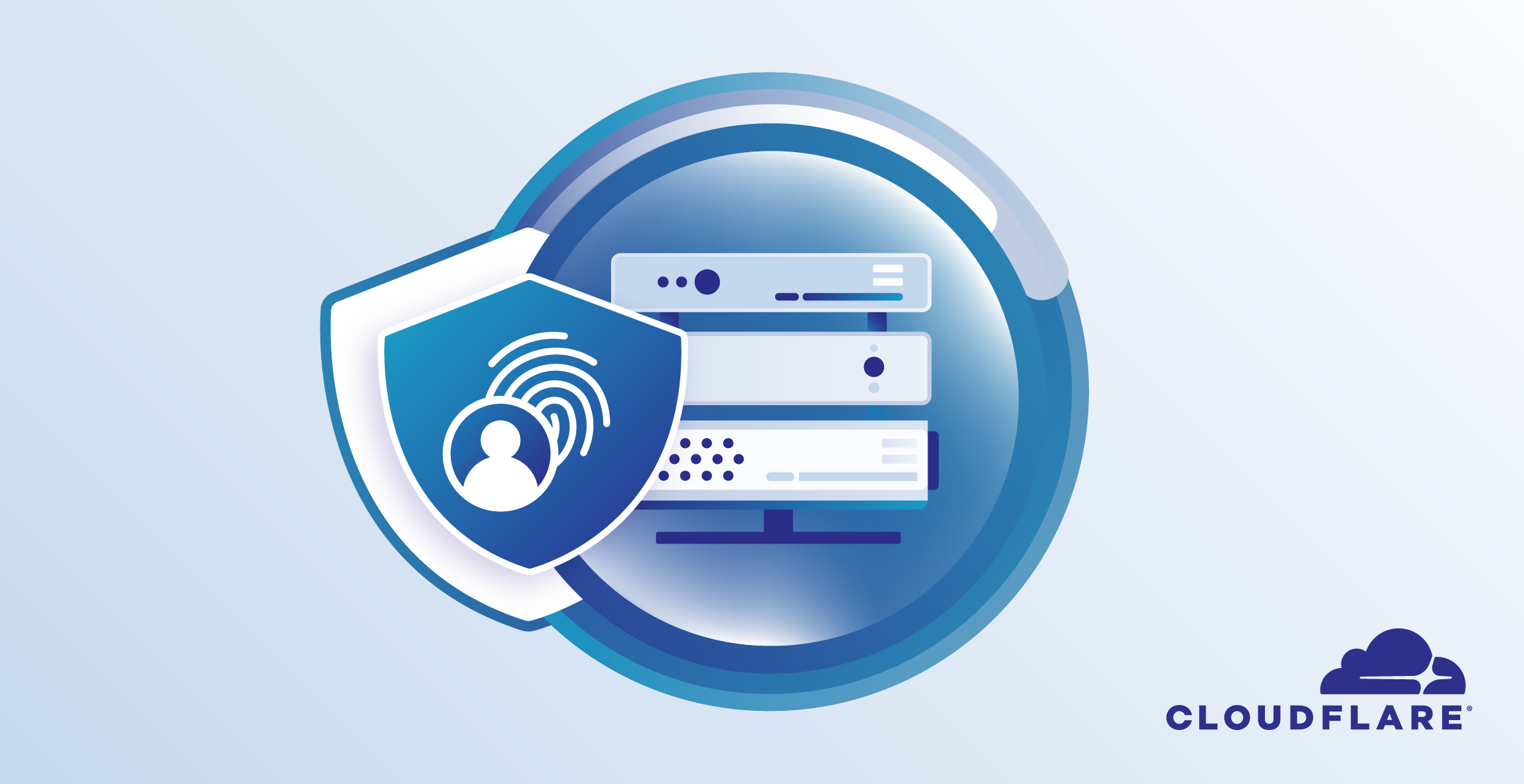
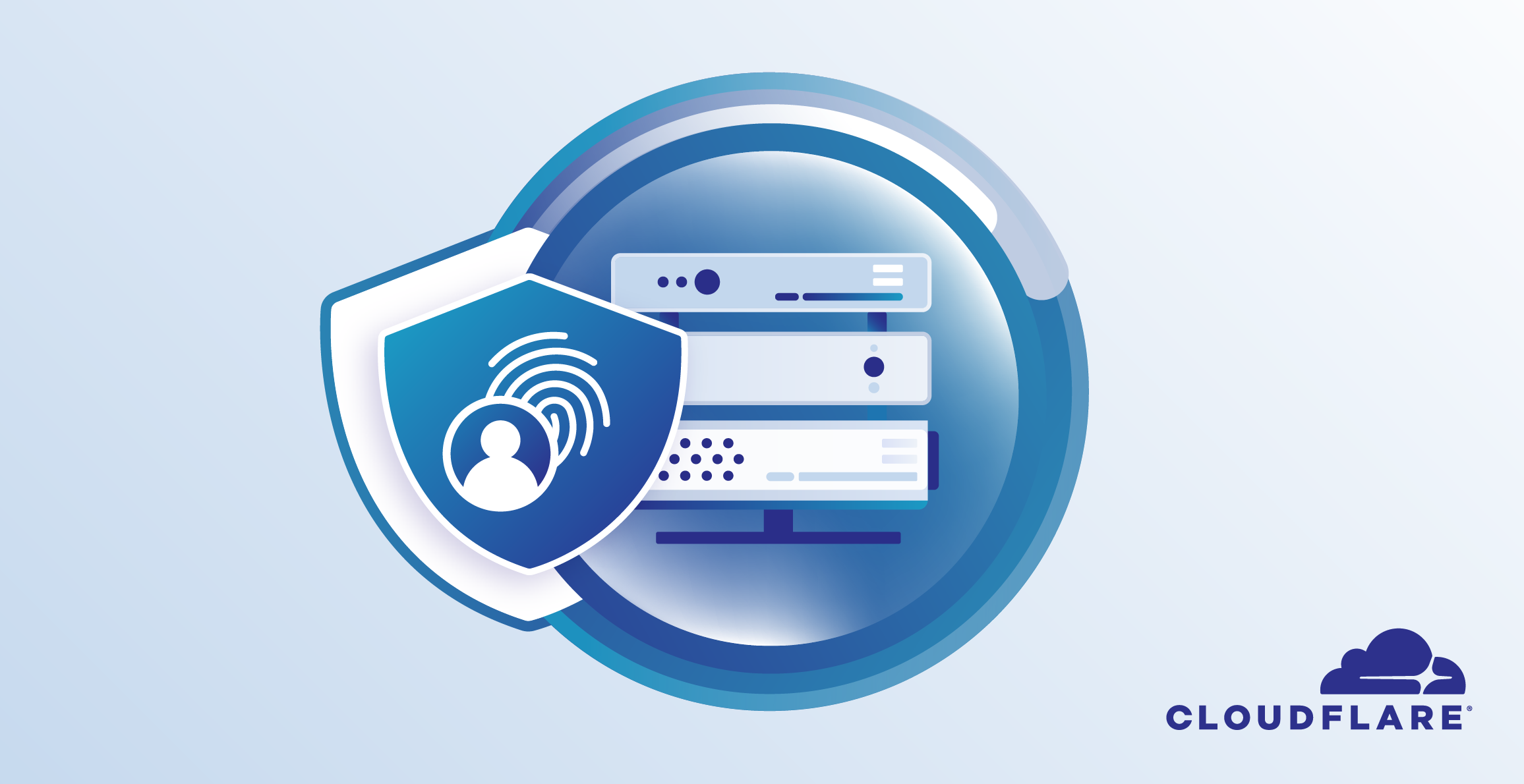
With so many people at Cloudflare now working remotely, it's worth stepping back and looking at the systems we use to get work done and how we protect them. Over the years we've migrated from a traditional "put it behind the VPN!" company to a modern zero-trust architecture. Cloudflare hasn’t completed its journey yet, but we're pretty darn close. Our general strategy: protect every internal app we can with Access (our zero-trust access proxy), and simultaneously beef up our VPN’s security with Spectrum (a product allowing the proxying of arbitrary TCP and UDP traffic, protecting it from DDoS).
Before Access, we had many services behind VPN (Cisco ASA running AnyConnect) to enforce strict authentication and authorization. But VPN always felt clunky: it's difficult to set up, maintain (securely), and scale on the server side. Each new employee we onboarded needed to learn how to configure their client. But migration takes time and involves many different teams. While we migrated services one by one, we focused on the high priority services first and worked our way down. Until the last service is moved to Access, we still maintain our VPN, keeping it protected with Spectrum.
Some of our services didn't Continue reading

Today, we're announcing Spectrum for UDP. Spectrum for UDP works the same as Spectrum for TCP: Spectrum sits between your clients and your origin. Incoming connections are proxied through, whilst applying our DDoS protection and IP Firewall rules. This allows you to protect your services from all sorts of nasty attacks and completely hides your origin behind Cloudflare.
Last year, we launched Spectrum. Spectrum brought the power of our DDoS and firewall features to all TCP ports and services. Spectrum for TCP allows you to protect your SSH services, gaming protocols, and as of last month, even FTP servers. We’ve seen customers running all sorts of applications behind Spectrum, such as Bitfly, Nicehash, and Hypixel.
This is great if you're running TCP services, but plenty of our customers also have workloads running over UDP. As an example, many multiplayer games prefer the low cost and lighter weight of UDP and don't care about whether packets arrive or not.
UDP applications have historically been hard to protect and secure, which is why we built Spectrum for UDP. Spectrum for UDP allows you to protect standard UDP services (such as RDP over UDP), but can also protect any custom protocol Continue reading